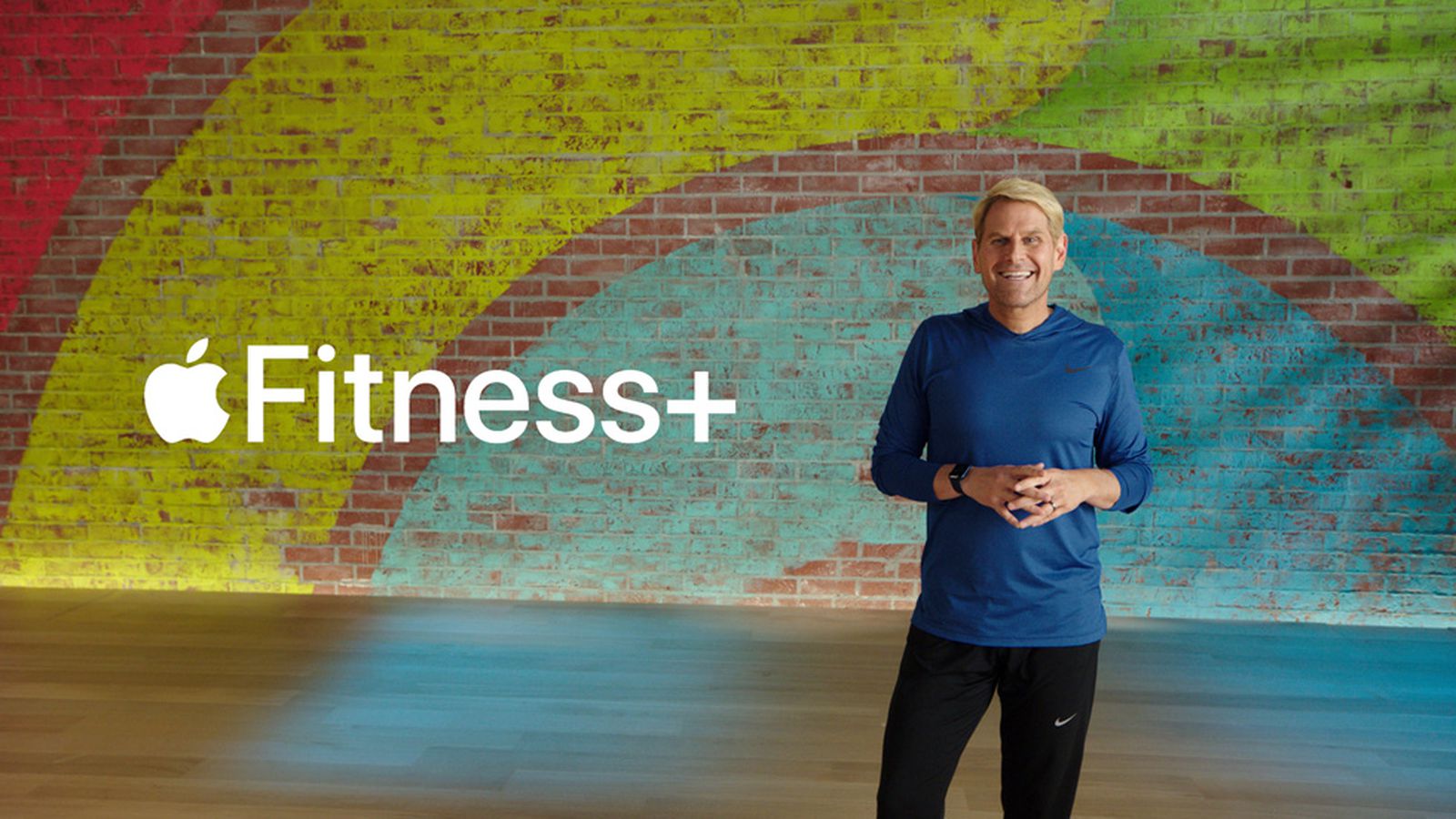As software engineers grow into senior, Staff+, or principal roles, they take on greater responsibility, complex projects, and influence beyond code, Suhail Patel explained in his talk about growing oneself as a software engineer at QCon London. Growth isn’t linear; it requires mastering communication, strategy, and soft influence. Writing, speaking, and 1:1s can help to expand impact.
When people progress from being software engineers to becoming senior engineers or tech leads up to Staff plus or principal engineering, they take on more responsibility and complex domains. Their software craft increases, building more advanced architectures and running large projects, Patel said.
Beyond the software delivery side, an effective Staff+ engineer becomes a core steward for the product they work on and in many times, a steward for the organization, Patel mentioned. They become more involved in the intersection between people and technology.
Career growth is a journey. It’s not a linear ladder that you climb, but rather a meandering path filled with difficulties and opportunities and tangents along the way, Patel explained:
My first job in software engineering came randomly because I was following a founder on Twitter who was looking for an iOS engineer. I was in the interview in their London office the next day, and writing my first bit of professional code the week after.
One needs to master influence, communication, and strategic thinking; find intrinsic motivation and take control of your own growth journey, Patel said. Don’t leave it solely in the hands of your manager or leaders or peers to define your growth, he added.
Having deep domain context is extremely valuable to be able to translate and also challenge stakeholder requirements. Having a say on the spirit of how software should be developed or the broader goal being achieved, your value transcends beyond a software engineer to bringing expertise in a subject matter or key area, Patel argued.
Patel suggested that engineers develop skills that go beyond engineering and domain context to spread soft influence. One skill he mentioned was being open to conversation through 1:1s and discussion forums:
This will lead to others to come to you for your expertise, giving you a broader perspective on what’s happening across your company.
Another skill to develop is writing visibly for others to learn. Patel mentioned that this can be in the form of documentation, or a thought piece on how a future problem should be tackled, or even an onboarding document.
Improving their speaking skills can enable engineers to communicate effectively through internal and external technical talks. This can help when you are conveying complex technical information and large architectural changes, Patel said.
Nowadays, we only get to know our colleagues from their profile photo and how they communicate on Slack, Patel said. If you are lucky, you might share a work standup or a discussion session over video chat. It’s easy for people to form a perception based on the limited interaction you have with them, especially on things like Slack. A 1:1 is a perfect opportunity to showcase your capabilities and lead with soft influence, Patel mentioned.
Not all 1:1s need to be solely about work, as Patel explained:
Some of the best 1:1s I’ve had have been those with no agenda, learning about family dynamics, a vacation they went to, or their passion for cooking or coffee.
InfoQ interviewed Suhail Patel about boosting careers and effective 1:1s.
InfoQ: What can engineers do beyond technical mastery to boost their career?
Suhail Patel: Engineers can get themselves involved in interviewing new people to join. This allows them to meet interesting people and learn more about engineering and technical design/architecture in other companies.
This doesn’t need to be formal interviewing either; attending conferences and meetups and networking events to find good people you want to surround yourself with and learn from, and maybe even hire into your team and company, can be a great way to build up your reputation and visibility.
Another thing engineers can do is run onboarding sessions for new starters. This enables them to set best practice and good engineering patterns right from the start, and provide an anchor point to answer any questions.
InfoQ: What’s your advice to leaders for effective 1:1s?
Patel: As a leader, you have two primary responsibilities: sponsoring people who might need that boost in recognition or might need support and also flagging up challenges in shipping velocity. Your 1:1 with your manager and upwards extends from purely individual needs (personal career goals) to also include the needs of your team and organisation.
Listen extremely carefully to the technical and organisational and personal challenges raised by your managers and peers. Use this to inform you on where opportunities lie beyond your immediate day-to-day work. It gives you an opportunity to lean in when others need you most or when you spot an opportunity to use some of your expertise without it being explicitly called upon.








